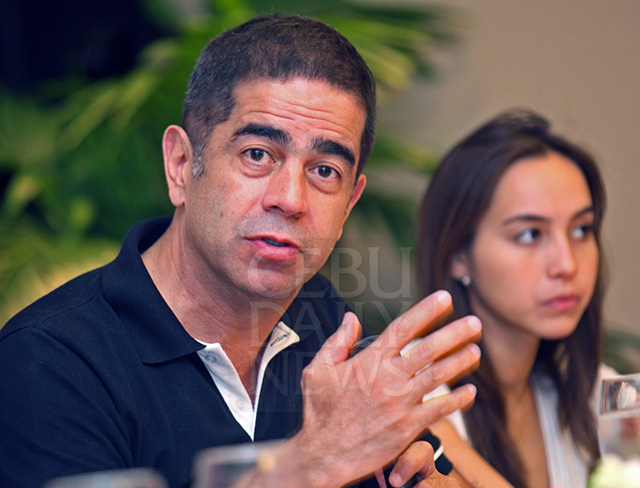
JOSEPH
While exporters are looking for ways to benefit from the creation of a single market in Southeast Asia, local businessmen are worried about competition from other Asean countries.
Gordon Alan “Dondi” Joseph, president of the Cebu Business Club, noted that the Philippines’ ranking in the World Bank’s latest Ease of Doing Business report dropped to 103rd from 95th out of 189 economies.
“If we´re not careful, these problems that have affected the Philippines´ ability to attract foreign investment will worsen,” Joseph said.
“You may have people looking into selling their products in the Philippines from abroad and if our own industries are not competitive and efficient, then businesses will be affected,” he added.
The impact will not be felt immediately, but will likely manifest in the medium or long-term, he said.
Joseph said the manufacturing sector would be among those that are likely to face stiff competition from other member-countries of the Association of Southeast Asian Nations (Asean).
“I know our manufacturing sector is growing, There´s reinvestment. But they´ll have to move fast. They have to be careful. Otherwise we will be flooded with imported goods that are going to be cheaper than locally manufactured goods,” he said.
Southeast Asian leaders declared the creation of an Asean Economic Community (AEC) during their summit late last month.
Under an AEC, tariff barriers and visa restrictions will be removed, among others. There will be free intraregional movement of people, goods and services.
Cebu exporters are studying how they can take advantage of the AEC, said Confederation of Philippine Exporters Foundation (Philexport) Cebu chairman Apolinar Suarez, Jr.
“Everybody is still struggling with how to take advantage of the free trade agreement. We have not yet attained inclusive growth,” Suarez said.
Philexport Cebu has been conducting seminars on how to do business with countries that have free trade area agreements with the Philippines.
The exporters are also looking to benefit from the Generalized System of Preferences Plus (GSP+) scheme of the European Union, which allows Philippine exporters to market more than 6,000 products at zero tariff to any of the 28 EU countries.
The Philippines is the only Asean country accepted in the scheme.
“We have not really taken advantage of this yet. We hope to do so soon. We may have lost the US (preferential treatment), but we gained the EU (GSP plus),” Suarez added.